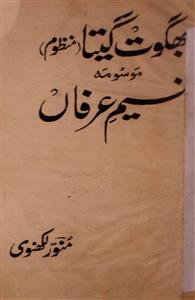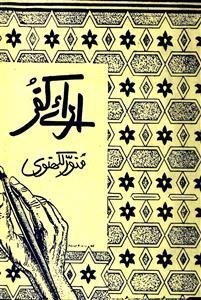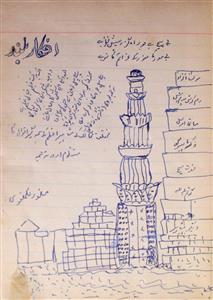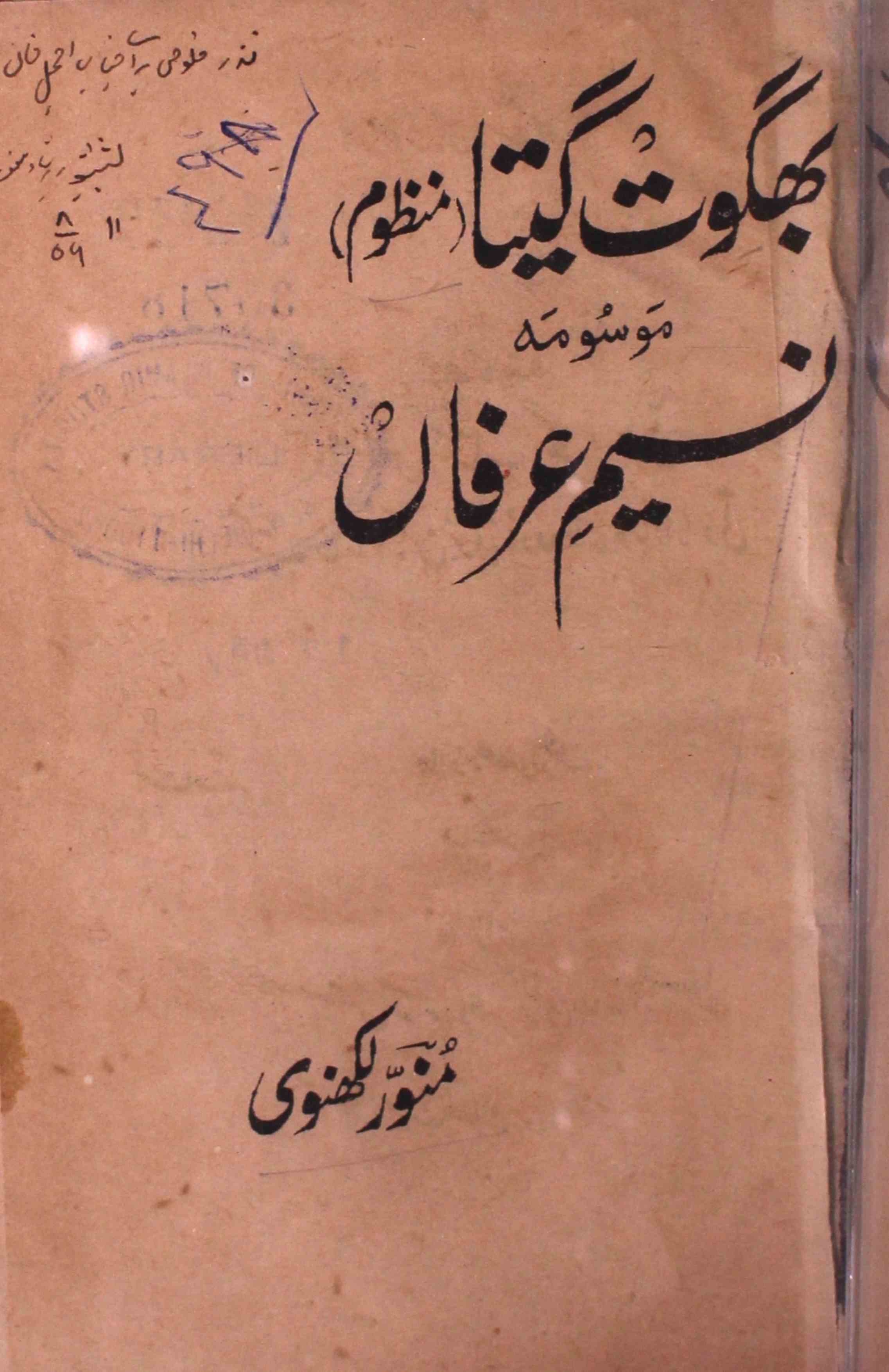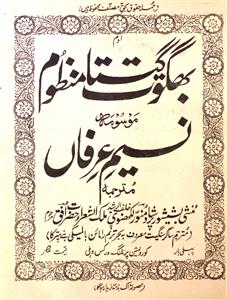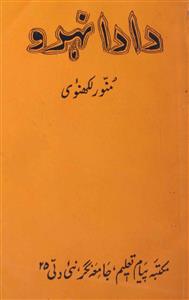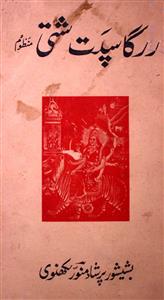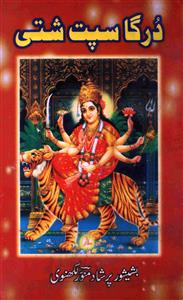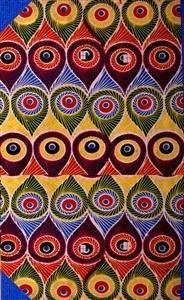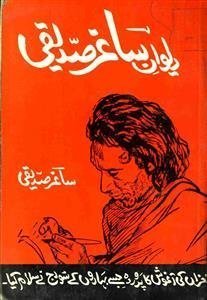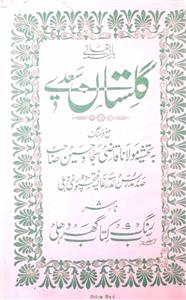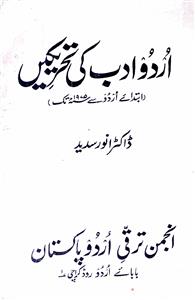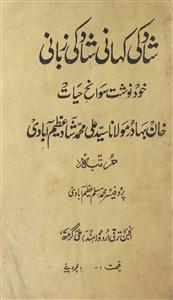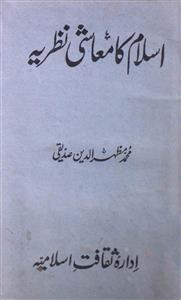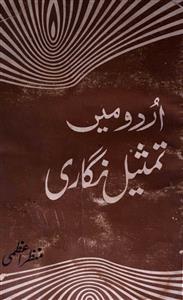 For any query/comment related to this ebook, please contact us at haidar.ali@rekhta.org
For any query/comment related to this ebook, please contact us at haidar.ali@rekhta.org
About The Book
گیتا کا یہ اردو ترجمہ ہے ۔ اگرچہ گیتا کے تمام زبانوں میں ترجمے ہو چکے ہیں اور اسے سب سے پہلے فارسی نظم کا جامہ فیضی فیاضی نے پہنایا تھا۔ یہ ترجمہ اس لئے کیا گیا کیوں کہ بہت سے اردو کے قاری جو سنسکترت ،ہندی نہیں سمجھ سکتے مگر یہ چاہتے ہیں کہ وہ ہندو مت اور خاص طور پر شری کرشن کے اپدیشوں کو پڑھیں اور اس سے گیان حاصل کریں ۔ ان لوگوں کے لئے ایک نایاب تحفہ ہے یہ ترجمہ ۔ اس میں کورو اور پانڈو کی داستان پھر ان کی آپس میں لڑائی اور ارجن تیر انداز کا کرشن جی کا ساتھ دینا کو کانڈوں کے ذریعہ بیان کیا گیا ہے۔ خاص طور پر کرشن جی کے وہ اپدیش جو اس وقت ارجن کو دئے گئے تھے جب ارجن میدان جنگ چھوڑ کر بھاگ جانا چاہتے تھے ان کو پڑھ کر انسان پر بہت سے علوم کے درازے وا ہو جاتے ہیں اور وہ ظالم نہ بن کر پرشرمی بن جاتا ہے ۔ یہ گیتا کا منطوم ترجمہ ہے جس کو منور لکھنوی نے انجام دیا ہے۔
About The Author
Born Munshi Bisheshwar Prasad on July 08, 1897, in Lucknow, he chose ‘Munawwar’ as his pen name. His father, Munshi Dwarka Prasad, was a respected person of Lucknow and was also greatly appreciated as a poet. Munawwar Lucknowi joined the accounts department of Indian Railways in 1913 and worked at Lucknow, Lahore, and finally Delhi from where he retired in 1957. Following his retirement, he founded Adarsh Kitab Ghar, a publishing house in Delhi where he lived after his retirement from service. He died in 1970.
Munawaar Lucknowi inherited a taste for poetry from his family. He attained mastery over Arabic, Persian, Urdu, and Hindi languages. Apart from being an Urdu poet, he is also valued as a translator. He drew upon the intellectual traditions of Sanskrit, Persian, and Hindi to write a kind of poetry that is clearly distinguishable from the poetry of his contemporaries. This reflects well in the choice of his themes and diction. He published his nazms and rubais in Nazr-e-Adab (1929) and Kainat-e-Dil (1939). His translations of religious and secular texts include verses from the holy Quran, Bhagwad Gita, Durga Saptashati, Budhha’s Dhampada, Kalidasa’s Kumarasambhava, and selections from the shers of Hafiz Shirazi, and Gitanjali of Tagore.
 For any query/comment related to this ebook, please contact us at haidar.ali@rekhta.org
For any query/comment related to this ebook, please contact us at haidar.ali@rekhta.org
